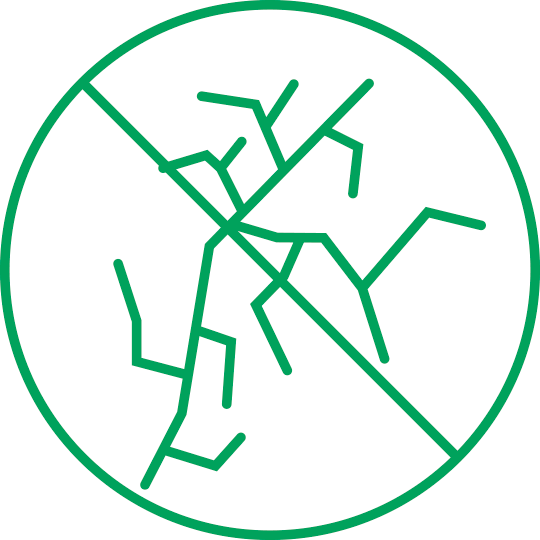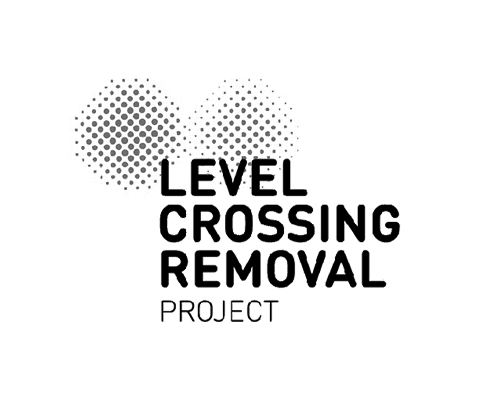
Permeable Shared Pathways
Porous Lane Permeable Bike Lanes & Shared User Paths (SUPs)
Increases site permeability and access to deep soil.
Prevents ponding on the path after rain.
Allows infiltration of stormwater to groundwater table.
Highly resistant to cracking from tree root movement.
Treats and removes pollutants from stormwater.
Cooler temperature on hot days than impermeable materials.
A more pleasant surface to walk on than asphalt or concrete.
Uses three Australian waste tyres per square metre of footpath.
Design life of 25 years.
Highly Resistant to Cracking from Tree Root Movement
Passive Irrigation for Nearby Trees
Prevents Water Ponding on Path
Treats and Removes Pollutants from Stormwater
Cooler than Impermeable Materials
25 Year Design Life
Case Study: Permeability in the Gardens
Client City of Adelaide
Location Hutt Rd, Adelaide SA
Size 550 sqm
Waste tyres recycled 1650
Description The installation of a beige permeable shared path alongside the Adelaide gardens.
Goals To install a permeable shared path through tree protection zones, that is resistant to trip hazards forming from tree root movement and capable of bearing the occasional heavy vehicle. A secondary goal was the re-use of waste tyre material through the use of local recycled tyres.
Outcome A sustainable pathway that ensures long lasting accessibility and tree health.
Permeable shared path installation.
A close up of the Begie mix used for the shared path
Case Study: No More Pooling
Client City of Melbourne
Location Port Melbourne, VIC
Size 400sqm
Waste tyres recycled 1200
Description The installation of Porous Lane shared path on top of a geocomposite layer and washed aggregate.
Goals To provide a solution that stops water pooling on the low-lying section of the bike path after rain.
Outcome Porous Lane’s permeable pavement effectively prevents pooling on the shared path, removing a disincentive to use the path after rain.
Permeable shared path installation.
Lane markings added after installation.
Typical Bike Path Cross-Section*
Waste tyre permeable pavement
• Made of up to 60% recycled material (approx 3 waste tyres per sqm)
• Laid on-site
2. Subgrade natural soil
• Determines the thickness of screening and exfiltration.
*indicative only. Cross-section can be adjusted depending on project goals and site conditions.
Ready to Make a Difference?
Reach out to the team at Porous Lane for a free consultation. Discover the environmental and cost-saving benefits of incorporating this research-backed product into your next project.
Selected Clients & Partners
































